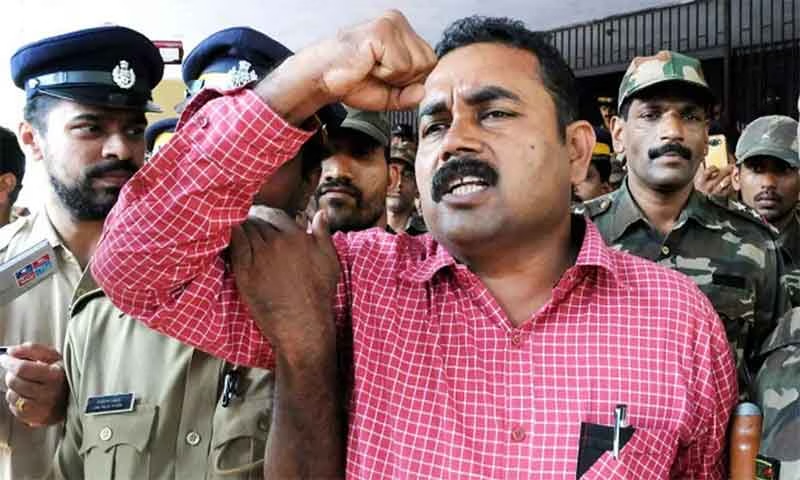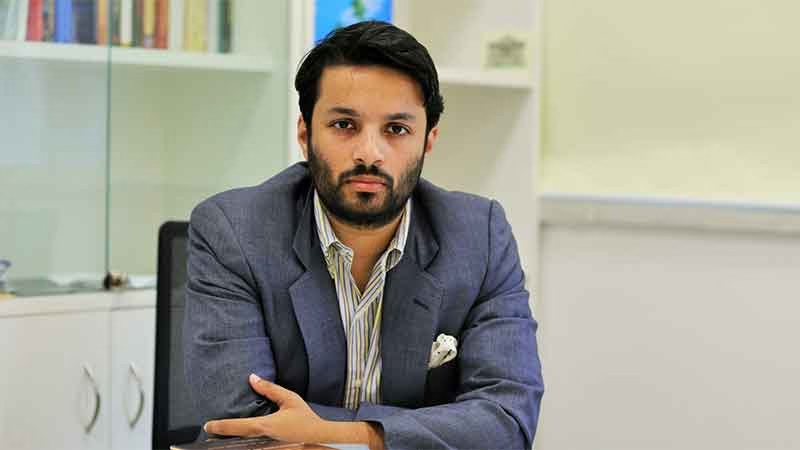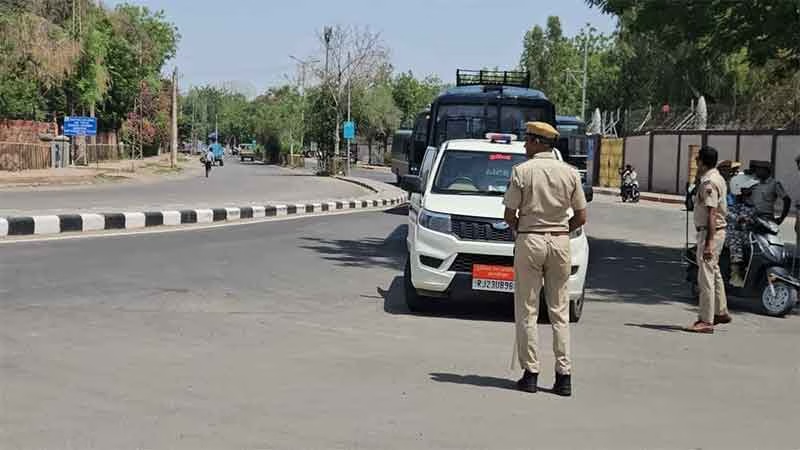
The National Human Rights Commission (NHRC) is the only human rights institution among the existing nine National Human Rights Institutions (NHRIs) in India to apply for membership to the International Coordination Committee of Paris Principles in 1998 which later on became the Global Alliance of National Human Rights Institutions (GANHRI). It was represented in the GANHRI’s Bureau multiple times and its Asian body known as the Asia Pacific Forum (APF). It served as Chairperson of APF and hosted the Biannual conference of APF as recently as September 2023.
The International Coordination Committee started assessing its members through a process of mutual review by a team from other NHRI’s every five years. This process is named the Accreditation of NHRI’s to check their compliance with the Paris Principles 1992 to award “A” Status to a fully Paris Principle compliant NHRI and “B” Status for an NHRI which is not a Paris Principle compliant institution. The Accreditation confers international recognition and protection of the NHRI’s ‘A’ status accreditation and also grants participation rights in the work and decision making of the GANHRI, as well as the work of the UN Human Rights Council and other UN mechanisms.
The NHRC was awarded ‘A’ status in its accreditation in 1999 and it was re-accredited with “A” status in 2006. In 2011, the GANHRI Statute was modified and for the first-time civil society was consulted in the process leading to accreditation of NHRI’s, where AiNNI along with the ANNI submitted their report to the SCA in 2011, this was followed by NHRC’s response to the SCA.
In 2011, NHRC was reaccredited for the second time with ‘A’ status with certain recommendations. These Recommendation were not followed and this resulted in deferral of accreditation by one year for the first time in 2016. In 2017, NHRC assured Sub Committee of Accreditation (SCA) to amend the Protection of Human Rights Act, 1993 to get accredited with ‘A’ Grade. In 2019, two years after its accreditation the Protection of Human Rights Amendment Act, 2019 was brought in where none of the SCA’s recommendations in 2011, 2016 and 2017 were reflected.
In March 2023, NHRC was considered for reaccreditation for the fifth time, where the SCA after assessing the NHRC’s status, performance, and compliance decided to defer its accreditation process to March 2024. In June 2024, the SCA further deferred the accreditation by noting that majority of its previous recommendations remained unaddressed. In April 2025, the NHRC was downgraded by SCA for lack of independence and effectiveness. However, the recommendation of SCA has been challenged by the NHRC before GANHRI.
Since the Protection of Human Rights Amendment Act, 2019 till December 2024, NHRC has never been operated with full capacity. The position of Chairperson was vacant for 393 days, Member 1 was vacant for 1207 days, Member 2 for , Member 3 for 1396 days, Member 4 for 244 days and member 5 for 882 days.
NHRC in 2023 & 2024 has taken up 9 cases classified as cases relating to Human Rights Defenders. Eight of Nine cases were disposed without any intervention by this institution. This is despite a network of HRDs across India (HRDA-India) addressing 50 appeals in 2023 and 32 complaints in 2024 to HRD focal point of NHRC.
The Secretary General of NHRC who is serving on extension despite concerns raised by SCA, attended the 58th session of Human Rights Council. He represented NHRC and praised report of United Nations Special Rapporteur on HRDs but failed to update the status of cases communicated by the Special Rapporteur to Government of India. In 2024, the Special Rapporteur raised concerns in six instances regarding detention of journalists Bappi Ray & others, arbitrary arrest of Bijendra Korram, intimidation of Babloo Lotiongbam, illegal detention of Ebo Mili, illegal detention of Manohar Pegu & Ritupan Pegu and arbitrary arrest of Suneetha Pottam.
The NHRC has exceptional case management system through which it took up 4,17,005 cases since 2020 by taking up 316 (0.07%) cases suo moto and classifying 168 (0.04%) cases as relating to HRDs. It has disposed 4,18,727 cases by initiating 157 (0.037%) spot enquiries and recommended compensation in 1454 (0.34%) cases. But cases such as 20 Tamils encounter which is perhaps one of longest pending cases before the commission explains its effectiveness.
20 TAMILS ENCOUNTER
On 07.04.2015, 20 woodcutters from Tamil Nadu were encountered by Andhra Pradesh police. The NHRC took suo moto cognizance of the incident on 07.04.2015 as Case No. 475/1/3/2015-AFE and issued notices to the Chief Secretary and the Director General of Police of Andhra Pradesh to submit a detailed report. On 10.05.2015, the investigation team of the Commission, headed by Shri Pupul Dutta Prasad, SSP reached Tirupati, Andhra Pradesh for enquiry. The investigation team highlighted the defiant and non-cooperative conduct of the Government of Andhra Pradesh in the enquiry report. On 28.05.2015, after considering the report of the spot enquiry by the investigation division, the Commission passed orders directing interim compensation of Rs 5 lakhs to each of deceased victims, directed witness & victim protection and CBI enquiry. On 04.06.2015, the Chief Secretary to Government, State of Andhra Pradesh, filed a WP No. 15767/2015 before the High Court of Andhra Pradesh challenging the directions of this Hon’ble Commission. On 05.06.2015, the Hon’ble High Court issued notice to the Commission and ordered an interim stay of the directions issued by the Commission in the order dated 29.05.2015. As 2025, 10 years after the incident the interim stay has not been vacated, and the proceeding before the High Court of Andhra Pradesh and proceedings in Suo Moto Case are still pending.
Subscribe to Our Newsletter
Get the latest CounterCurrents updates delivered straight to your inbox.
CONCLUSION
The vacancies and ineffective use of the mandate under section 12 of Protection of Human Rights Act, 1993 are two of the six concerns expressed by the SCA when it recommended to downgrade NHRC accreditation to ‘B’ status. NHRC has challenged the recommendation of the SCA before GANHRI. Irrespective of the outcome of NHRC’s appeal, one thing is clear that NHRC needs to address the concerns related to its independence in order to effectively implement its mandate.
Ashish Reddy is an Advocate and legal researcher.















































